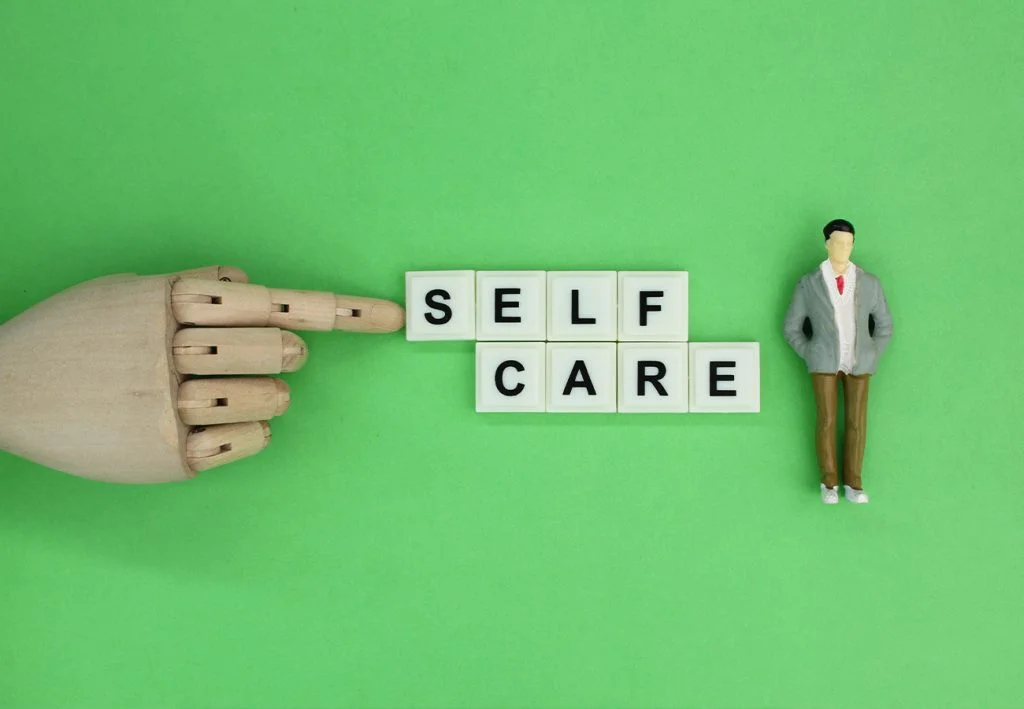
What does it take to heal and how can therapy help?
Resources you need for building healthy relationships
Your Wellbeing Matters
Schedule a Session
01 Christine Shalala Psychotherapy
On psychotherapy
Description
To many enjoying a sense of self-worth is lost to traumatic experiences. Traumatic experiences can leave us feeling unworthy of trust, negatively impacting our relationship with ourselves and others. While these leave us unsatisfied with who we are and unhappy with our lives, they also build up layers of anger towards self and life in general, if not treated immediately. So, what is psychotherapy and how can it help you restore your sense of self-worth back? Psychotherapy is concerned with the inner working of the Self which has been denied access to essential resources needed for developing various dimensions of the Self; those resources that reflect to the Self a sense of worth and give it meaning and appreciation to its very sense of existence. Thus, developing a personality whose values are well-aligned with its higher purpose, and which is genuinely compassionate towards Self and others.
02 Christine Shalala Psychotherapy
psychoTherapy for reconnection
Finding support and reconnection
Since, our sense of self-worth is directly connected to how we experience ourselves in the world, my therapeutic work provides a safe space for processing grievances in a non-judgmental manner. I understand that a lot of our grievances develop in us unhealthy coping mechanisms to protect ourselves from experiencing intense feelings of sadness. As thus, we become protective of ourselves creating barriers to experiencing a full sense of self-worth and self-esteem, leading to the hindrance of the Self from finding its higher purpose and reaching its full potential.

Understanding the role of forgiveness in reconnecting with the Self
Forgiveness is the willingness to accept what could have been and letting go what we are hoping for so we can close the gap between both and find our true meaning and purpose for life.
Forgiveness is the act of taking responsibility for our own choices and letting go of those who have grieved us by focusing on reaching our full potential.
It is to the degree that we can let go of those who have hurt us, that we are able to accept the changes that occurred and make new meanings of our new reality.
03 Christine Shalala Psychotherapy
Developing your inner strength, your ultimate goal for wellness
Developing Self-care Strategies
Do you find yourself often caught up in a vicious cycle of caring for others with no reward at all? And who said self-care is a second option? After all, how can we complete our daily tasks, if we don’t provide quality care for ourselves? The reality is that the degree to which we can provide good care to others relies on the degree to which we provide it to ourselves. The other question we need to ask ourselves, is how can we practice self-care within our busy lifestyle?


It may feel like constantly fighting against the clock. You feel your mental health is at the brink. You are hoping to survive through the day and complete all tasks to your best. Did you know that wearing the cap of the provider and carer every day without looking after your mental health can cause many ailments in your body as well?
What does Self Care Involve?
Self-care is the antidote of social-anxiety. That means it entails giving ourselves what we deserve so that we don’t actually care how others treat us. On the contrary, we become able to set the measures of how others should treat us. Leading to setting boundaries necessary for maintaining our mental health. Consequently, leading to appreciating a deep sense of self-worth.
While maintaining our mental health depends on the level of self-care practiced, yet the quality of care provided remains crucial to maintaining a sense of self-worth and self-appreciation.
If you would like to learn on the importance of self-care and how to implement it on a daily basis, make a booking today:
Practicing
mindfulness
Direct
Communication
Self
talk
Self
Reconciliation
Reflection on self
04 Christine Shalala Psychotherapy
Building Self Compassion, your ultimate goal for wellness
What is self-compassion?
While the term ‘compassion’ means showing concern for the suffering of others, yet self-compassion is the ability to accept our limitations in providing care and support to others. It is to accept yourself despite not being able to show up with the same level of motivation for life all the time. Self-compassion can be met with feelings of anxiety when failing to meet other people’s expectations of us. More importantly, our ability to practice self-compassion may be compromised due to compassion-fatigue.
If you would like to learn on the importance of self-compassion and how to implement it for better health, make a booking today:

What is Compassion Fatigue?
Compassion fatigue is the identification with the pain and suffering of others, accompanied with a lack of a sense of a capacity to support those on their journey of suffering. The feeling of lack of capacity to support others is usually paired with feelings of anxiety and guilt towards those concerned, unless self-care strategies were put in place to protect ourselves from deteriorating emotionally.
Individuals who have experienced suffering in their early childhood developmental phases, are more prone to experiencing compassion fatigue, because of their identification with parental figures who have suffered from mental health issues.
Nevertheless, building autonomy is the key aspect that maintains one’s ‘individualization’ from key parental figures and, thus, plays a major role in applying a health care approach and strategy to support your sense of wellness and mental health.

Therapy for women navigating separation and divorce
Separation and divorce can be emotionally overwhelming. Many women feel pressure from family, friends, or from within to be strong, move on quickly, or prove they’re coping. Alongside the grief and upheaval, many women notice a quiet but profound loss of self-esteem or a sense of not knowing who they are anymore. Healing isn’t about pushing pain away, rushing to “get back to normal,” or pretending everything is fine. It’s about creating space for what shows up including uncertainty, self-doubt, and identity shifts while still taking small, meaningful steps toward the life you want to build.
You may have spent years adapting to a controlling or emotionally domineering partner, doubting your own needs, or carrying the mental and emotional load for everyone else. In my therapeutic work, I support you to reconnect with yourself and strengthen your voice both internally and within your newly emerging relationship dynamics. My approach prioritizes:
- A safe, respectful, and confidential space where women feel heard and understood
- A collaborative and attuned therapeutic relationship tailored to individual needs
- Validation of experiences such as confusion, self-doubt, or internalized blame
- Recognition of coercive control, chronic emotional invalidation, infidelity, betrayal trauma, and fears of abandonment
- Support to grieve both the relationship and the imagined future, integrate experiences, and build a coherent, empowering life narrative
Healing becomes less about “getting over” the past and more about learning how to carry it differently with self-compassion, improved emotional regulation, and a renewed commitment to the values that will guide the next stage of your life.
